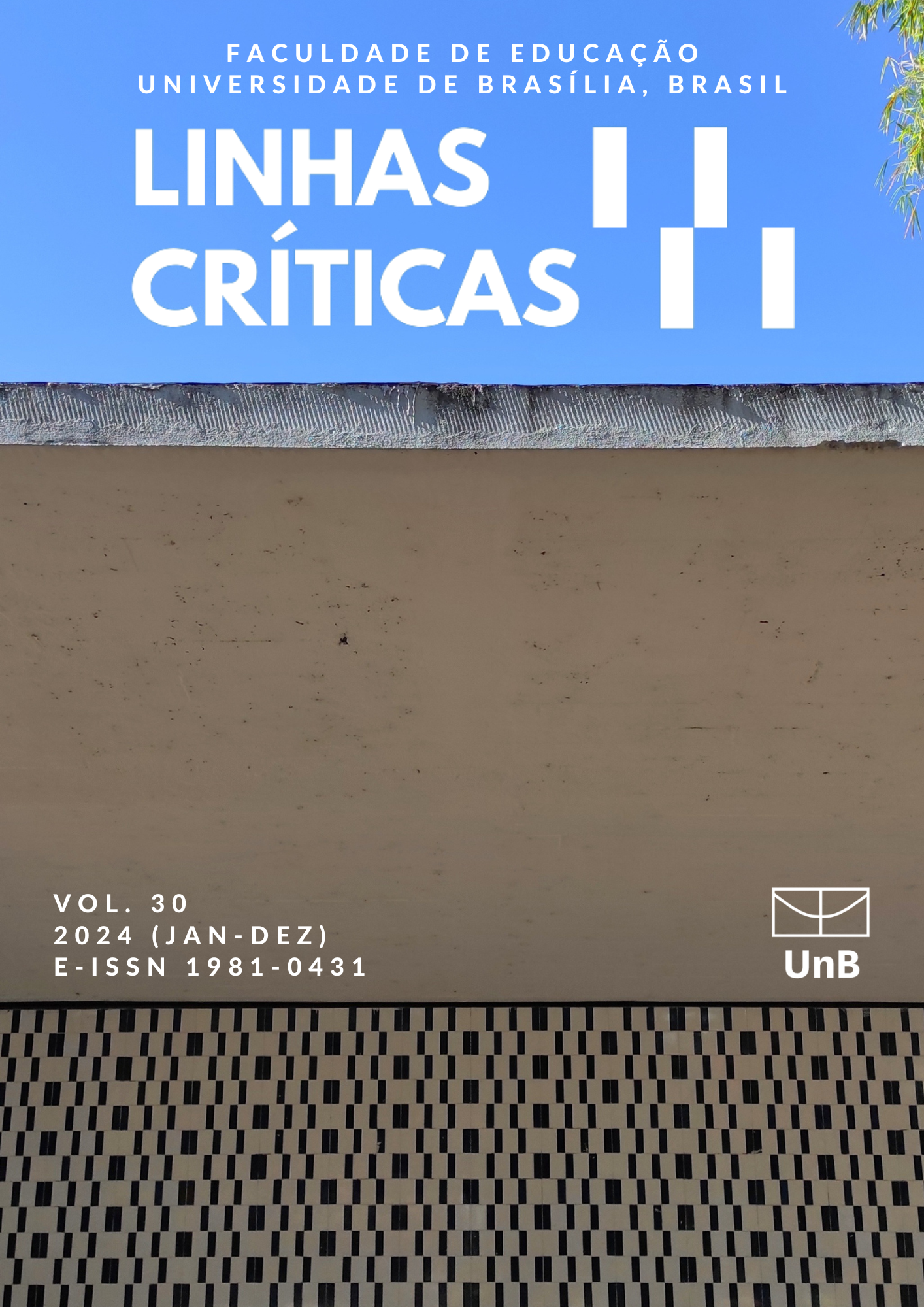Narcissism within the scientific community: interview with Bruno Lemaitre
DOI:
https://doi.org/10.26512/lc30202453916Abstract
Bruno Lemaitre (born September 21, 1965, in Lille, France) is an immunologist and professor at the Ecole Polytechnique Fédérale de Lausanne (Switzerland). His research focuses on the mechanisms of innate immunity and endosymbiosis in Drosophila. One of his early discoveries demonstrated that the Toll receptor protein and its downstream signaling pathway are essential components of the fruit fly immune response (Lemaitre et al., 1996). The 2011 Nobel Prize in Physiology or Medicine recognized the findings of Lemaitre et al. (1996). This pioneering work on innate immunity facilitated the identification of Toll-like receptors as crucial mediators of human innate immunity. Bruno has received several research awards, including the Noury, Thorlet and Lazare Prize of the French Academy of Sciences (2001), the First Prize of the Schlumberger Foundation (2002), the William B. Coley Prize (2003), the Lucien Tartois Prize of the Foundation for Medical Research (2006), and the Liliane Bettencourt Prize for Life Sciences (2010). Lemaitre is also the author of several books on the subject of this interview and a book on the philosophy of Michael Polanyi (Lemaitre, 2022).
Downloads
References
Ansede, M. (2023a, abril 18). Arabia Saudí paga a científicos españoles para hacer trampas en el ‘ranking’ de las mejores universidades del mundo. El País. https://elpais.com/ciencia/2023-04-18/arabia-saudi-paga-a-cientificos-espanoles-para-hacer-trampas-en-el-ranking-de-las-mejores-universidades-del-mundo.html
Ansede, M. (2023b, abril 20). Un catedrático capta con su empresa tapadera a científicos españoles para que mientan y digan que trabajan en una universidad saudí. El País. https://elpais.com/ciencia/2023-04-20/un-catedratico-capta-con-su-empresa-tapadera-a-cientificos-espanoles-para-que-mientan-y-digan-que-trabajan-en-una-universidad-saudi.html
Lemaitre, B, & Nicolas, E, & Michaut, L, & Reichhart, J. M., & Hoffmann, J. A. (1996). The dorsoventral regulatory gene cassette spätzle/Toll/cactus controls the potent antifungal response in Drosophila adults. Cell, 86(6), 973-983. https://doi.org/10.1016/S0092-8674(00)80172-5
Lemaitre, B. (2020). An Essay on Science and Narcissism: How do high-ego personalities drive research? EPFL Press. https://www.epflpress.org/produit/974/9782839918411/an-essay-on-science-and-narcissism
Lemaitre, B. (2022). Michael Polanyi: Le scientifique qui voulait réenchanter le monde, EPFL Press. https://www.epflpress.org/produit/1406/9782889155026/michael-polanyi
Lemaitre, B. (2024). A list of Eureka or other related illumination moments, Bruno Lemaitre personal homepage. http://brunolemaitre.ch/history-of-science/discoveries-in-science/
Söderqvist, T. (2003). Science as Autobiography: The Troubled Life of Niels Jern. Yale University Press. https://www.jstor.org/stable/j.ctt1npk0c
Downloads
Published
How to Cite
Issue
Section
License
Copyright (c) 2024 Kenier Castillo

This work is licensed under a Creative Commons Attribution 4.0 International License.
Authors who publish in this journal agree to the following terms:
-Authors maintains the copyright and grants the journal the right of first publication, the work being simultaneously licensed under the Creative Commons Attribution License which allows the sharing of the work with recognition of the authorship of the work and initial publication in this journal.
- Authors are authorized to enter into additional contracts separately, for non-exclusive distribution of the version of the work published in this journal (eg publish in institutional repository or as a book chapter), with acknowledgment of authorship and initial publication in this journal.
-Authorers are allowed and encouraged to publish and distribute their work online (eg in institutional repositories or on their personal page) at any point before or during the editorial process, as this can generate productive changes as well as increase the impact and the citation of published work (See The Effect of Free Access).



